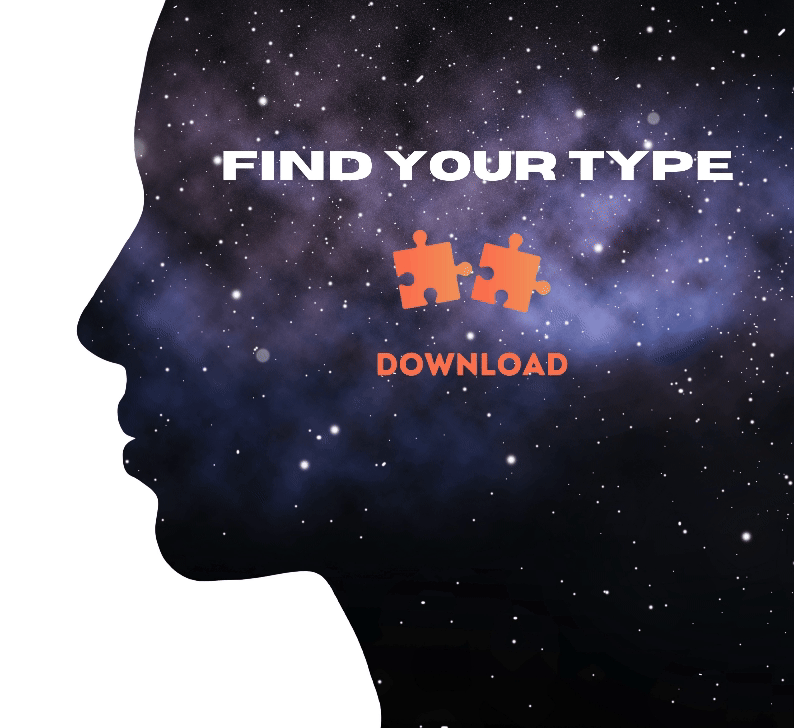Personality Type of Outlook
Personality Type of Outlook
Character Description: The Outlook application can be best represented by the ISTJ personality type (Introverted, Sensing, Thinking, Judging). ISTJs are known for their practicality, responsibility, and attention to detail, all of which align closely with the characteristics of Outlook. This email service is methodical, dependable, and focused on getting things done efficiently, much like the ISTJ's preference for structured systems and reliable routines. Outlook serves as an essential tool for organizing communication and scheduling, reflecting the ISTJ's strength in ensuring tasks are completed on time and in an organized manner.
Strengths:
Practical and Organized: Just like the ISTJ, Outlook thrives on being practical and user-friendly. Its interface is clean and structured, allowing users to manage their emails and calendar appointments with efficiency and minimal distractions. ISTJs are known for their methodical approach to life, and Outlook embodies this by providing a tool that helps users stay organized and on track, whether managing work schedules or personal tasks.
Reliability: One of the key strengths of Outlook, much like the ISTJ personality, is its reliability. The service is trusted by millions to deliver emails and sync calendars without failure. ISTJs pride themselves on being dependable and following through on their commitments, making them the backbone of any team or organization. Similarly, Outlook's commitment to reliability makes it a go-to platform for professionals and businesses alike.
Attention to Detail: The precision with which Outlook handles organizing information and scheduling tasks mirrors the ISTJ's attention to detail. ISTJs are detail-oriented and thorough in everything they do, whether it's following specific processes or keeping track of important dates and events. Similarly, Outlook keeps users on top of deadlines and appointments with a high level of accuracy.
Challenges:
Resistance to Change: Like many ISTJs, Outlook can sometimes show a resistance to adopting new features or changes quickly. While the application regularly receives updates, it tends to maintain a more traditional approach to design and functionality, which might frustrate users seeking more innovative, cutting-edge solutions. ISTJs are often hesitant about change, preferring the tried-and-tested methods over the unknown.
Perfectionism: Outlook's focus on accuracy and organization can sometimes lead to a rigid structure that leaves little room for flexibility. Similarly, ISTJs are known for their perfectionism and can become overly focused on details, potentially missing the bigger picture. This tendency towards perfection can sometimes slow down progress or lead to frustration when things don’t go exactly as planned.
Overly Structured: The highly organized nature of Outlook, while useful for many, can feel restrictive to some users who prefer a more freeform, flexible approach. This aligns with the ISTJ’s preference for order and structure, which, while effective in many situations, can feel limiting in environments that require quick adaptability or creative thinking.
Conclusion: Outlook aligns with the ISTJ personality type, characterized by practicality, responsibility, and a structured approach to tasks. The application provides a reliable, organized platform for managing emails, calendars, and appointments, just as ISTJs excel in maintaining systems and ensuring that everything is running smoothly. However, like the ISTJ, Outlook can sometimes show resistance to change and a preference for structure that may feel limiting in more dynamic or creative environments.
Enjoyed this? Check out: Personality Type of Premier League
.
.
.
